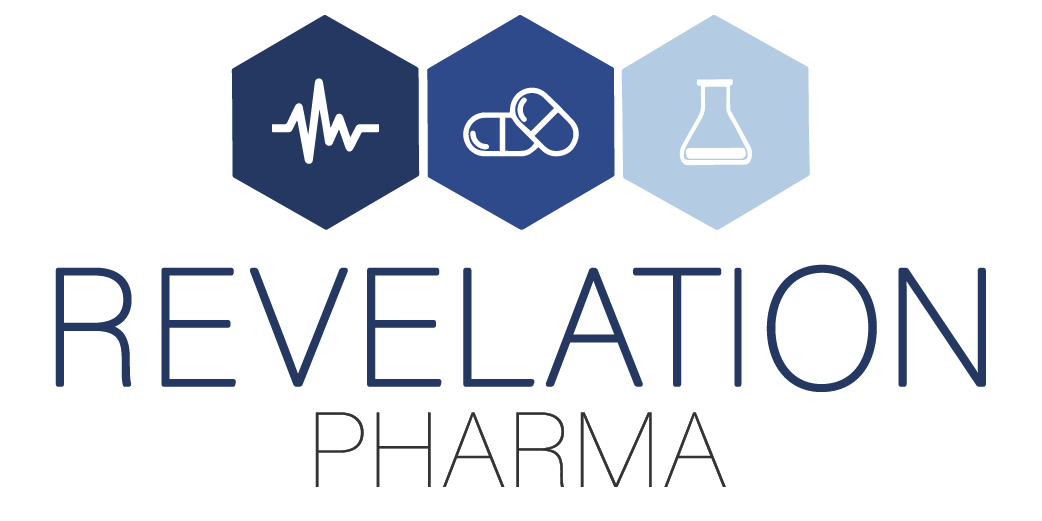January 19, 2024
Federal judge rules FDA can’t publish unsupported concerns
In a significant ruling this week in SCA Pharmaceuticals LLC v. FDA et al, a U.S. district judge granted SCA’s request and issued a sealed temporary restraining order to block FDA from publishing unsupported concerns about the sterility of the 503B facility.
A little bit of background: After a four-week long facility inspection in September and October last year, FDA requested that SCA “voluntarily” recall all unexpired products and “voluntarily” cease production at its Connecticut facility until FDA determined they were in compliance with what the agency considered to be their most serious observations. However, FDA didn’t specify the health hazard classification of the product they said was in violation, and SCA asserts that all of the issues flagged were technical—none of them related to concerns about product contamination or safety and efficacy. SCA issued a narrow voluntary recall out of an abundance of caution, but they also filed a legal complaint and a request for the temporary restraining order.
This is certainly not the first time FDA has unfairly tried to wield their authority, strong-arming compounding pharmacies with subjective interpretations of “insanitary conditions” and without the benefit of due process or having to explain their rationale. In 2022, we filed an amicus brief in a very similar case involving another APC member pharmacy that called out the ambiguities in FDA’s insanitary conditions guidance. The FDA can basically destroy a pharmacy’s reputation by issuing a press release that alleges insanitary conditions—and pharmacies know this, so they usually capitulate. But that’s not what happened this time, and compounders nationwide are the beneficiaries.
In mid-November, FDA agreed to refrain from publishing its concerns while the court reviewed the order, unless the agency identified a public health concern—and they haven’t identified anything yet. FDA tried to get around that in a recent effort to publish the information in its weekly enforcement report, prompting SCA to file a renewed request for a restraining order. The federal judge ruled in SCA’s favor, calling FDA’s health hazard evaluation “quite weak in terms of its finding regarding a risk to human health.” The case is now being referred to a magistrate judge with the goal of reaching a settlement.


























![Topi-CLICK a Division of TEAM Outlines[1]](https://a4pc.org/files/Topi-CLICK-a-Division-of-TEAM-Outlines1.png)






